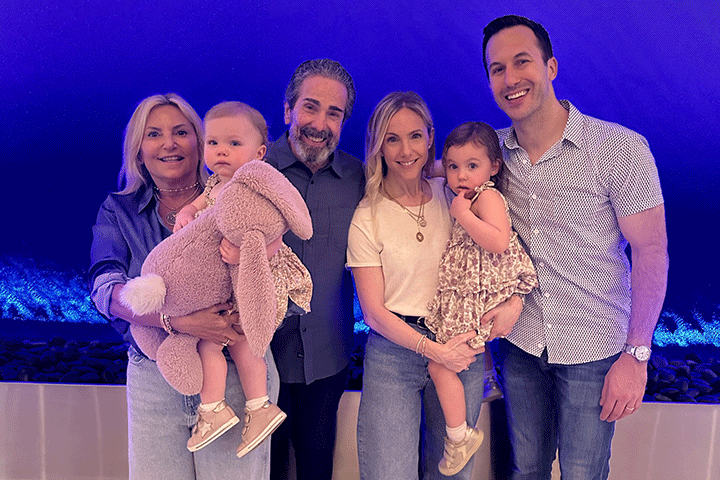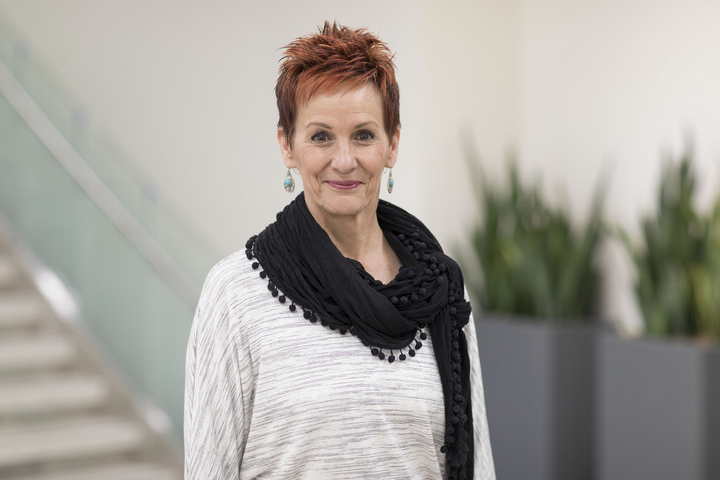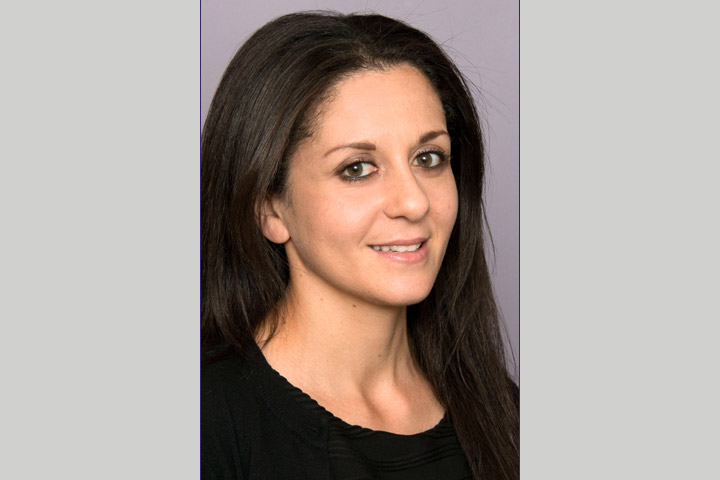Three Ways to Be your Own Best Health Advocate

Oak Ridge National Laboratory; Flickr
Scheduling tests and chemotherapy, finding a primary oncologist—there’s a lot to think about in those first few days after a pancreatic cancer diagnosis.
Before founding his health advisory company Private Health Management in 2007, Leslie Michelson had heard too many stories from friends, former colleagues and relatives about the frustration they endured when navigating vast, confusing healthcare provider networks. Finding the right specialist to oversee their care was crucial, but many of his loved ones said they had no idea where to begin.
In his new book The Patient’s Playbook (Knopf, September 2015), the Los Angeles-based CEO explains how drafting the right health team—from primary oncologists to the supportive friends and family members you need by your side—can transform your care and lift the burden from your shoulders. Below, Michelson outlines a three-step action plan you should follow in the first overwhelming days post-diagnosis.
1. Choose a Quarterback to Advocate for You
Pancreatic cancer has and always will have a special place in my heart: I lost my father-in-law to it about 25 years ago. Unlike other kinds of cancers, the vast bulk of pancreatic cancers are diagnosed when they’re already symptomatic—so acting quickly and decisively can be enormously consequential. Unfortunately, a pancreatic cancer diagnosis can be challenging emotionally, and when you’re already symptomatic, the combination of physical symptoms and those emotions can lead people to some really unfortunate decision-making. Patients may want to leap at the first recommendation they hear, instead of taking the time to find the real expert that should be treating them.
The first thing I tell a patient to do is to find their health quarterback. Everyone who’s battling a tough diagnosis, particularly a diagnosis like pancreatic cancer, needs one. So what are the criteria? The first is that it’s someone you trust, because that person is going to be deeply involved in the most consequential things that have ever happened to you, and you need to be able to talk honestly.
Second, you need someone who’s going to be there on an enduring basis; pancreatic cancer is going to take a while to treat. Third, you need someone with good communication skills, who will talk to all of your doctors, nurses, specialists, psychiatrists, and pain management people. Ideally you’ll also choose someone who’s very organized, who’s going to help you understand what your options are and help you think them through.
Finally, you need someone who will support you emotionally. The world is different as soon as you hear the sentence, “You have pancreatic cancer.” A quarterback needs to be able to understand when you’re down and how to get you through it. It’s a big job, but patients need this. One of my favorite phrases is, “A sorrow shared is a sorrow halved.” You need to be able to let go and let other people’s energy, intellect, and emotional stability undergird yours. You should not have to go through this alone.
2. Find the Right Specialist
My fundamental belief is that patients have better outcomes when they’re treated by specialists who focus exclusively or almost exclusively on their condition. There’s no better example than pancreatic cancer—it’s really important that patients find an oncologist at a major academic center who is current on the latest developments, has access to the best resources, and has the requisite experience necessary for managing this disease.
Most Americans live within one or two hours of a city, where most of these research centers are based. Even if patients want most of their treatment performed locally, they should at least go in for an initial consultation with an expert at a research center to determine the direction of their treatment. Most people with employer-based insurance or Medicare are able to access the major academic medical centers on an in-network basis (although some of the new insurance programs available on the exchanges exclude such centers). If there’s any time to exploit that, the diagnosis of pancreatic cancer is the time. In those precious early days, get to someone at the top of the game for your disease.
3. Ask About DNA Sequencing
We used to think about cancer as cancer of the particular organ; now we know that cancer is driven by molecular, genetic anomalies and mutations. It’s important to tune and create a treatment program that’s specific to your unique cancer presentation.
I believe that all cancer patients should ask about getting their tumors biopsied and their DNA sequenced to identify the mutations driving their cancer. That way, in the event that the standard of care stops working, patients can pursue other, newer options. When we think of cancer treatment today, we think of going bridge to bridge to bridge. As soon as we get a patient on one bridge, we start thinking, “Okay, we may need another, so let’s make sure we’re ready to go in the event that we do.” We have patients on their fourth or fifth treatment bridges, all of which didn’t exist when they were originally diagnosed. And we still have more options for them beyond that.
Unfortunately, with the structure of our healthcare system today, many physicians do not have the time or the resources to be thinking about the future—so we tell patients to work with their quarterbacks and always be thinking about the future. For the first time in history, if you get a tough diagnosis and can hold on for a while, there’s a chance that a significantly better treatment will become available when you’re still sick. We couldn’t say that 20 years ago. That’s a huge transformation.
Leslie Michelson is the Founder, Chairman and CEO of Private Health Management, a unique, patient-focused company that has helped thousands of people to obtain exceptional medical care.






